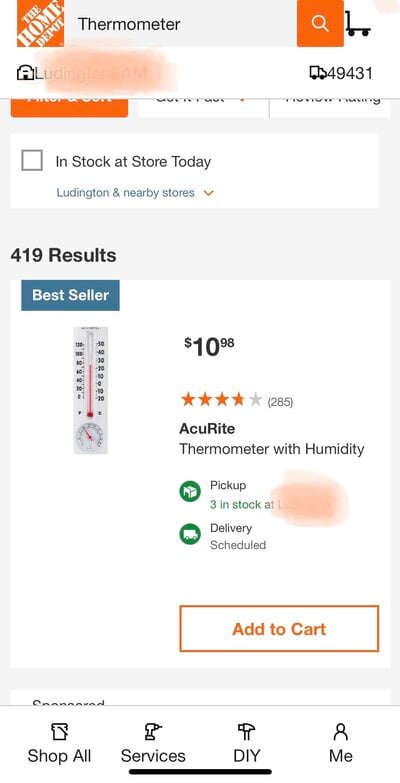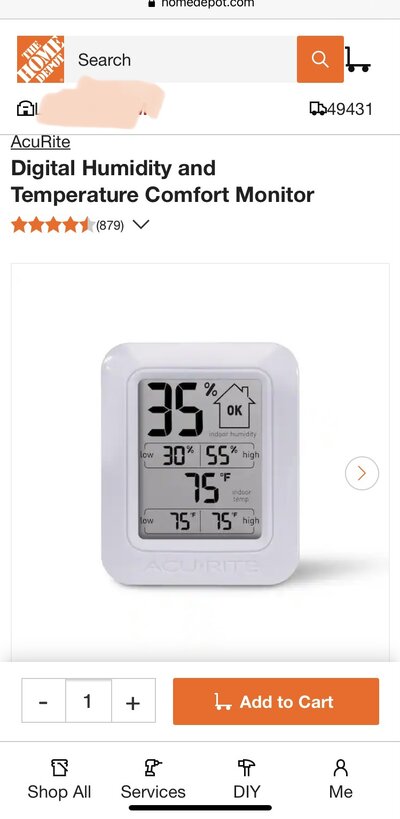PhantomSlayer
Songster
I've been doing alot of research into upgrades for our coop interior. I've covered roosts, isolation/broody pen, nesting boxes. While working on looking into what I thought was a final upgrade idea, lighting for our coop. I noticed a few high humidity issues from people because of weather and it made me curious. I haven't noticed it in our coop but I did see that the recommended humidity is 40-60% in most forums. Which made me curious. Can we discuss humidity? For people who are first year keepers like me.
What type of meters for temp and humidity do you find best? Placement to avoid birds having access.
Do you find it important to monitor them?
I saw alot of fix ideas for lowering humidity but what about raising humidity?
What was your experience in dealing with humidity issues. ETC.
I'll be definitely look into getting a full time thermometer and humidity reader for out there because I know I definitely need something for summer as I remember it got soo hot in our coop during summer. But I only thought about ventilation and not actual humidity so I'm sure other first timers might overlook it as well.
What type of meters for temp and humidity do you find best? Placement to avoid birds having access.
Do you find it important to monitor them?
I saw alot of fix ideas for lowering humidity but what about raising humidity?
What was your experience in dealing with humidity issues. ETC.
I'll be definitely look into getting a full time thermometer and humidity reader for out there because I know I definitely need something for summer as I remember it got soo hot in our coop during summer. But I only thought about ventilation and not actual humidity so I'm sure other first timers might overlook it as well.





 And they are constantly raising the humidity in the coop with their breath and poop.
And they are constantly raising the humidity in the coop with their breath and poop.